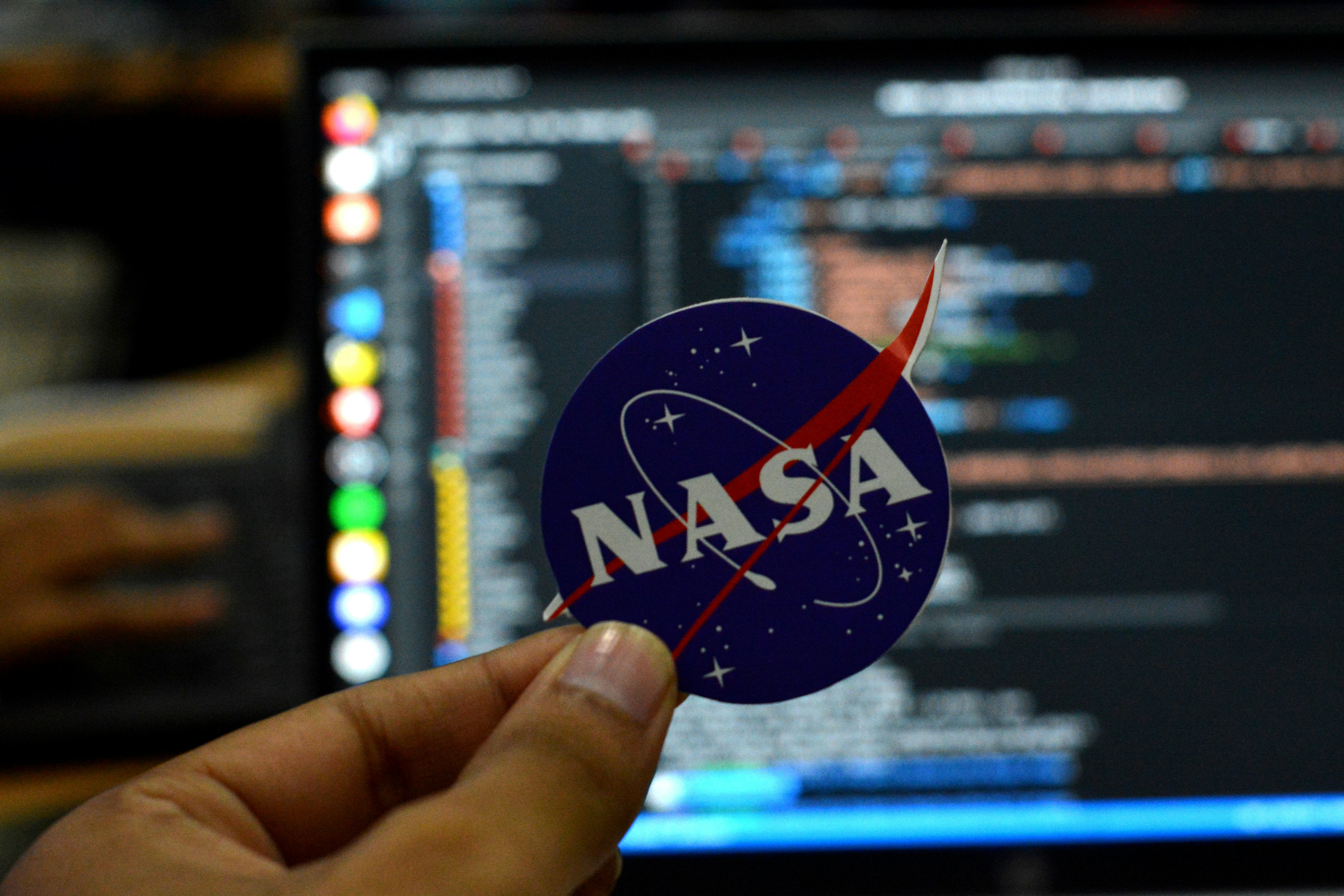
Introduction to the Space Race
The current landscape of private space exploration is defined by a remarkable rivalry between two innovative companies: SpaceX and Blue Origin. This competitive atmosphere has significantly contributed to the advancement of aerospace technology, paving the way for unprecedented developments in the space industry. In recent years, private companies have emerged as pivotal players, transforming how we think about space travel and exploration. Traditionally, space missions were the domain of government agencies, but the wave of privatization has introduced a plethora of opportunities for exploration, research, and commercial ventures.
At the heart of this race are visionary founders Elon Musk and Jeff Bezos, who have distinct approaches to their respective goals. Musk, the founder of SpaceX, envisions a future where humanity can inhabit Mars, and his ambitious plans include the commercialization of space travel. In contrast, Bezos, the founder of Blue Origin, is focused on making space travel accessible to the masses, believing that millions of peoplewill eventually live and work in space. Both entrepreneurs have invested heavily in technology development, fueling advancements that can potentially revolutionize access to space.
The growing interest in space exploration is becoming evident as both companies achieve significant milestones, including the successful launch and landing of reusable rockets. This increase in private involvement is not only pushing technological boundaries but also fostering collaboration within the aerospace community. As the competition intensifies, it raises pertinent questdons about sustainability, safety, and the future of space technology. Observers will be keen to see how each company’s strategic decisions impact their journey and influence the broader space exploration environment.
Overall, the dynamic between SpaceX and Blue Origin epitomizes a new era in the space race, characterized by technological innovation and groundbreaking visions that aim to redefine humanity’s relationship with the cosmos.
SpaceX: Innovations and Achievements
SpaceX has established itself as a formidable player in the aerospace industry, characterized by a series of groundbreaking innovations and significant achievements. One of its flagship products, the Falcon 9 rocket, has garnered attention for its reusability, which has dramatically reduced launch costs and revolutionized the economics of space travel. The Falcon 9’s successful landing after completing its missions marked a pivotal moment in the space sector, demonstrating the viability of reusable technology. In addition, the Falcon Heavy, the most powerful operational rocket currently, is another testament to SpaceX’s engineering capabilities, allowing for heavy payloads to be delivered to orbit with unprecedented efficiency.
SpaceX’s commitment to innovation is further exemplified by its Starship program, which aims to develop a fully reusable spacecraft capable of carrying humans to destinations beyond Earth, including Mars. This ambitious endeavor not only showcases the advanced technology employed by SpaceX butalso reflects its long-term vision for interplanetary exploration and colonization. The potential for human settlement on Mars places SpaceX at the forefront of a new era of space exploration, further enhancing its reputation as a leader in this field.
Moreover, SpaceX plays a pivotal role in NASA’s Artemis program, which aims to return humans to the Moon and establish a sustainable presence there. By providing various launch services and spacecraft, SpaceX is instrumental in the realization of these ambitious goals. Additionally, the company has launched the Starlink satellite constellation to provide global internet coverage, a project that harnesses cutting-edge satellite technology to connect underserved regions of the world.
In conclusion, SpaceX’s innovative technologies, signifiant milestones, and strategic collaborations position it as a leader in the race to space, setting new benchmarks for both commercial and governmental space endeavors.
Blue Origin: Vision and Future Prospects
Founded in 2000 by Jeff Bezos, Blue Origin has a clear vision rooted in enabling human life beyond Earth. The company aims to make space travel more accessible and sustainable, ultimately facilitating the colonization of space. One of its primary projects is the New Shepard suborbital vehicle, designed to take tourists and researchers alike on brief excursions to the edge of space. The significance of this vehicle lies in its innovative reusable rocket technology, which allows for multiple launches and landings, reducing the costs associated with accessing space. The reusability factor also reflects a broader commitment within the aerospace industry to enhance sustainability through advanced engineering.
Successive launches of the New Shepard have demonstrated the reliability of this technology, marking important milestones in Blue Origin’s quest to promote space tourism. In conjunction with these suborbital missions, Blue Origin is not solely focused on reaching the edge of space; it has ambitious plans for orbital ventures. This is evidenced by the development of the New Glenn rocket, which aims to serve both commercial satellite launches and potential crewed missions. This two-stage rocket reflects a understanding of evolving market demands and the necessity for reliable transport technology in supporting diverse missions.
Additionally, Blue Origin’s Blue Moon lunar lander is a notable step towards future lunar explorations. It is designed to deliver payloads to the Moon’s surface, showcasing the company’s commitment to supporting NASA’s Artemis program. This partnership highlights the potential for collaboration in key lunar missions that aim to establish a human presence on the Moon. Bezos envisions a future where millions can live and work in space, promoting the use of technology that enables this goal. By focusing on reusable technology and strategic partnerships, Blue Origin is positioning itself as a pivotal player in the future landscape of space exploration.
Comparative Analysis: Who Will Win?
The space industry has witnessed remarkable advancements in recent years, with SpaceX and Blue Origin emerging as two dominant players. A thorough comparative analysis between these companies reveals key differences and strengths that may influence the ultimate outcome of their rivalry. One important factor is the technology employed by each firm. SpaceX has revolutionized the industry with its reusable Falcon 9 rocket technology, significantly reducing the cost of access to space. In contrast, Blue Origin is known for its New Shepard suborbital vehicle, which demonstrates advanced vertical landing capabilities, and its New Glenn orbital rocket, which promises future advancements in payload delivery.
Market strategies also differentiate these competitors. SpaceX has established numerous contracts with NASA and commercial clients, showcasing a broader customer base for satellite launches and resupply missions to the International Space Station (ISS). On the other hand, Blue Origin has focused on develooing private tourism opportunities and increasing its partnerships, though it currently has fewer operational contracts compared to SpaceX. Financial backing plays a crucial role in the technology race; SpaceX has garnered substantial funding from investors and public contracts, enabling rapid development cycles. Blue Origin, backed by Jeff Bezos, has significant resources but operates with historically slower scaling.
Public perception influences each company’s prospects as well. SpaceX has gained substantial media attention and public enthusiasm due to its ambitious goals, including plans for Mars colonization. Conversely, while Blue Origin has been less in the public eye, its commitment to sustainability and its promise of space tourism attract a niche audience. Finally, both companies have laid out significant long-term visions, including building habitats on Mars and the Moon. The competition is fierce, and while each has unique strengths, SpaceX’s more aggressive launches, robust funding, and established contracts position it as a frontrunner in the ongoing race for supremacy in space exploration.




